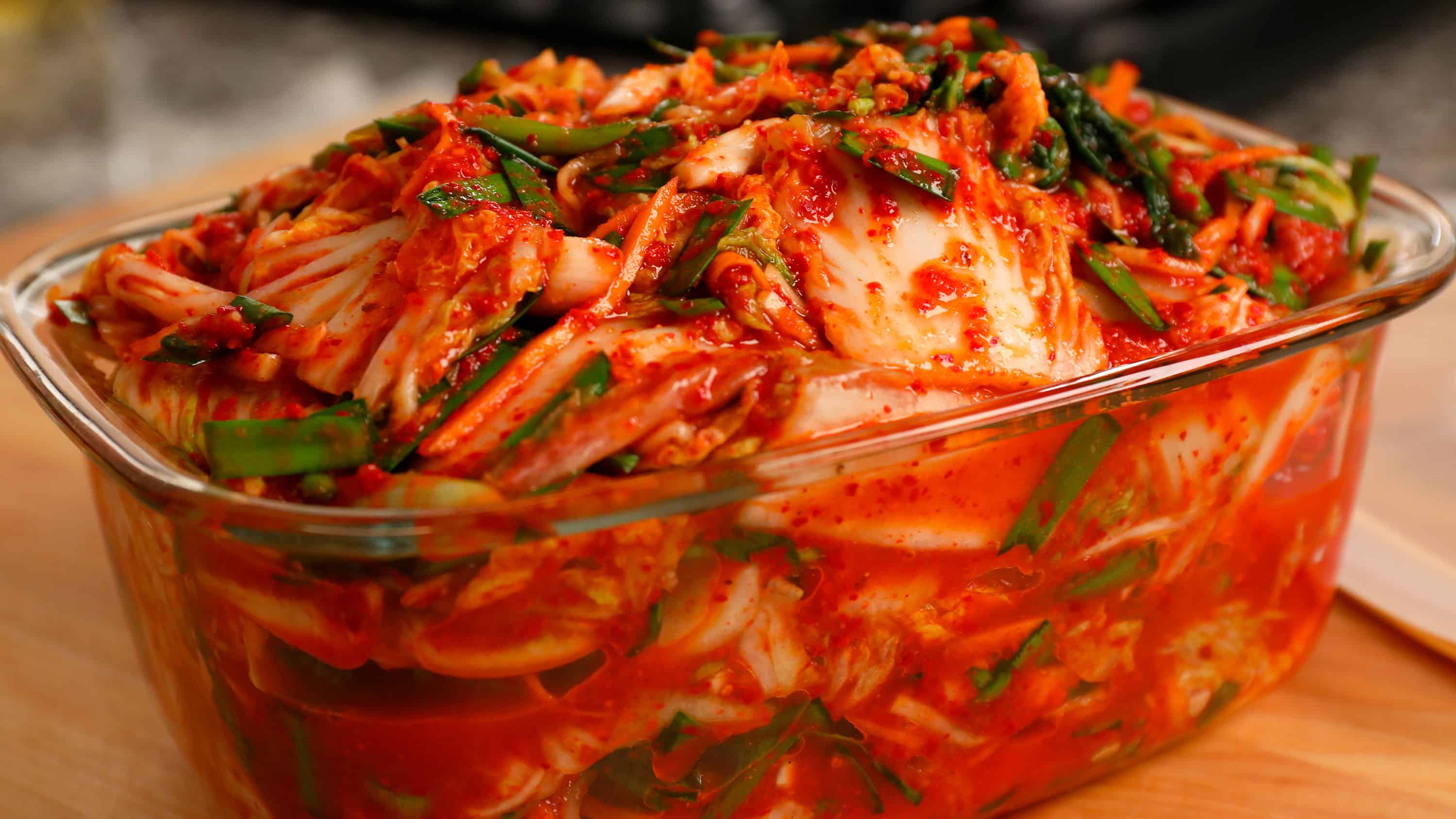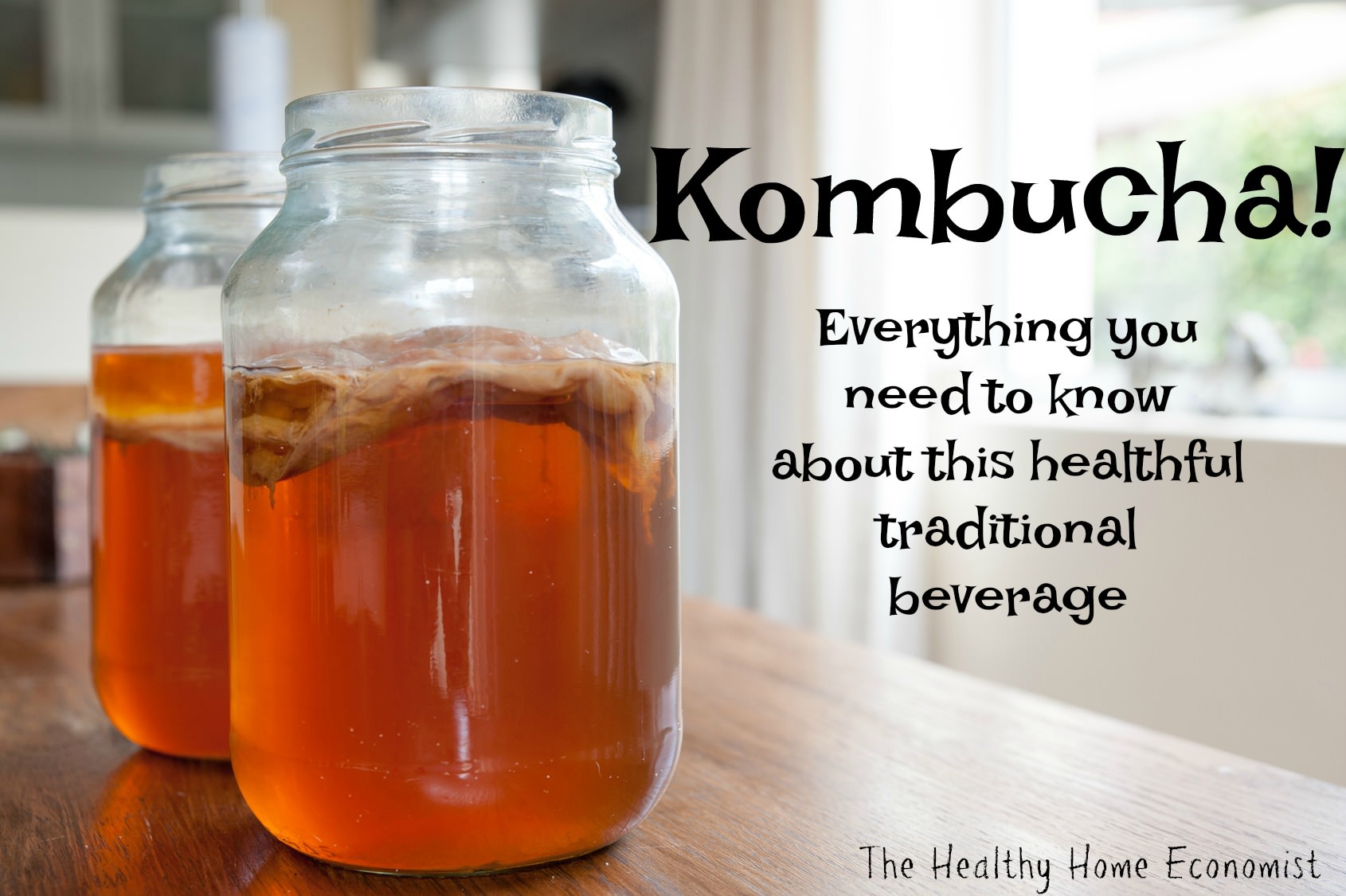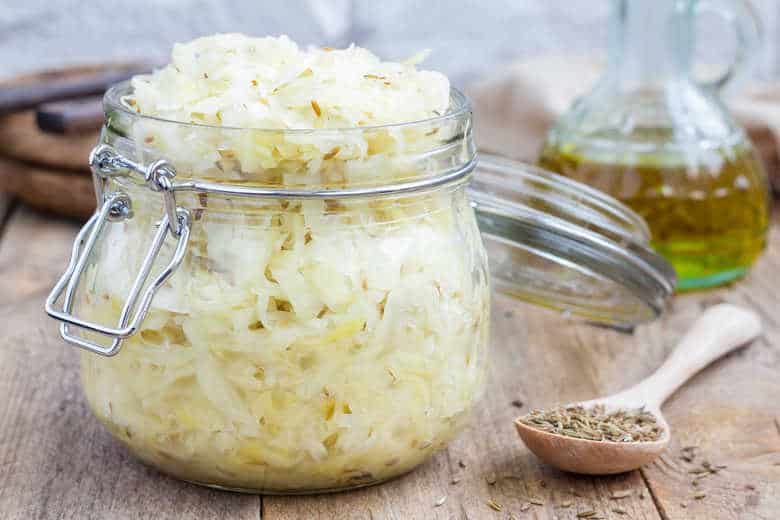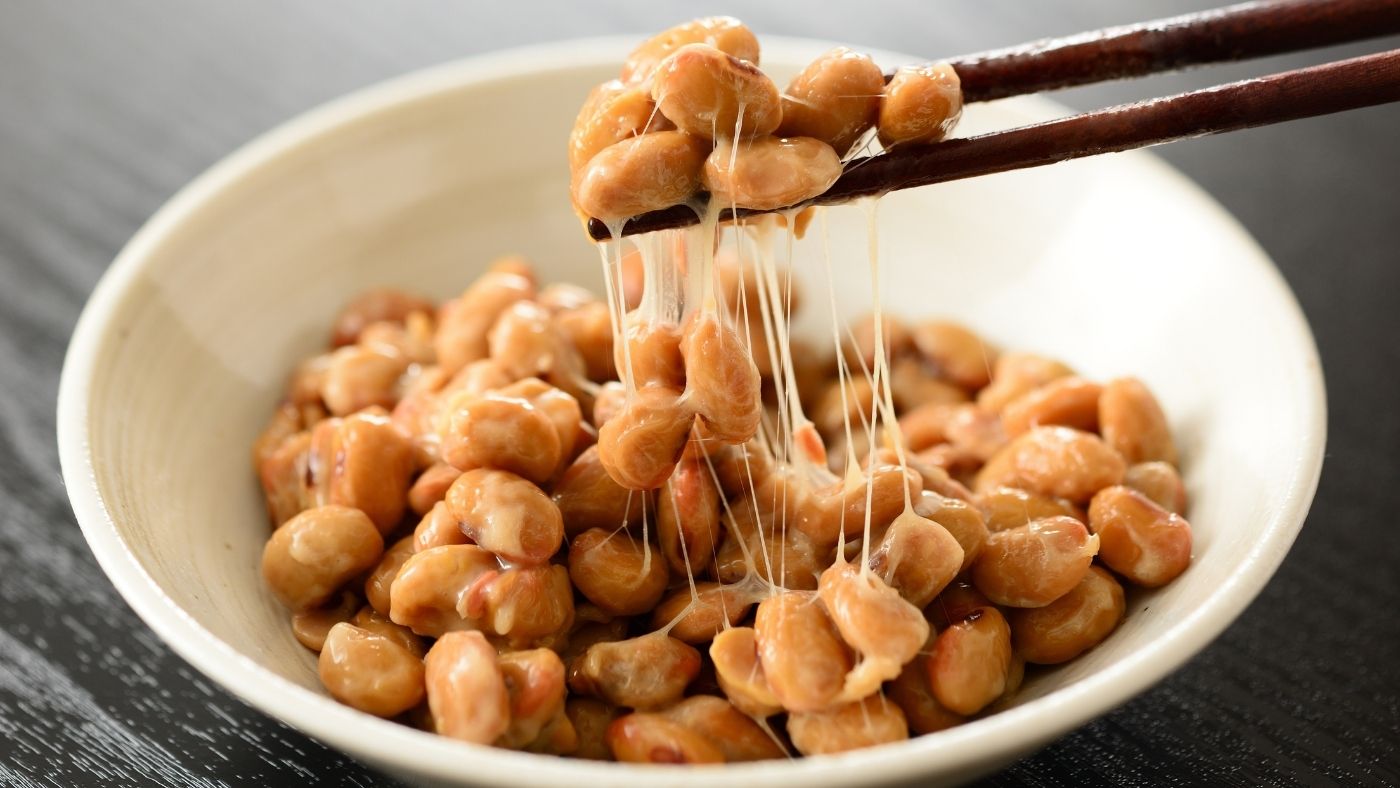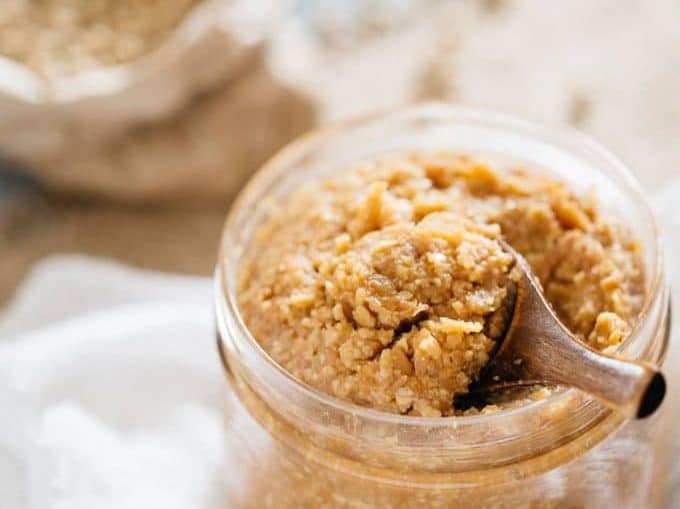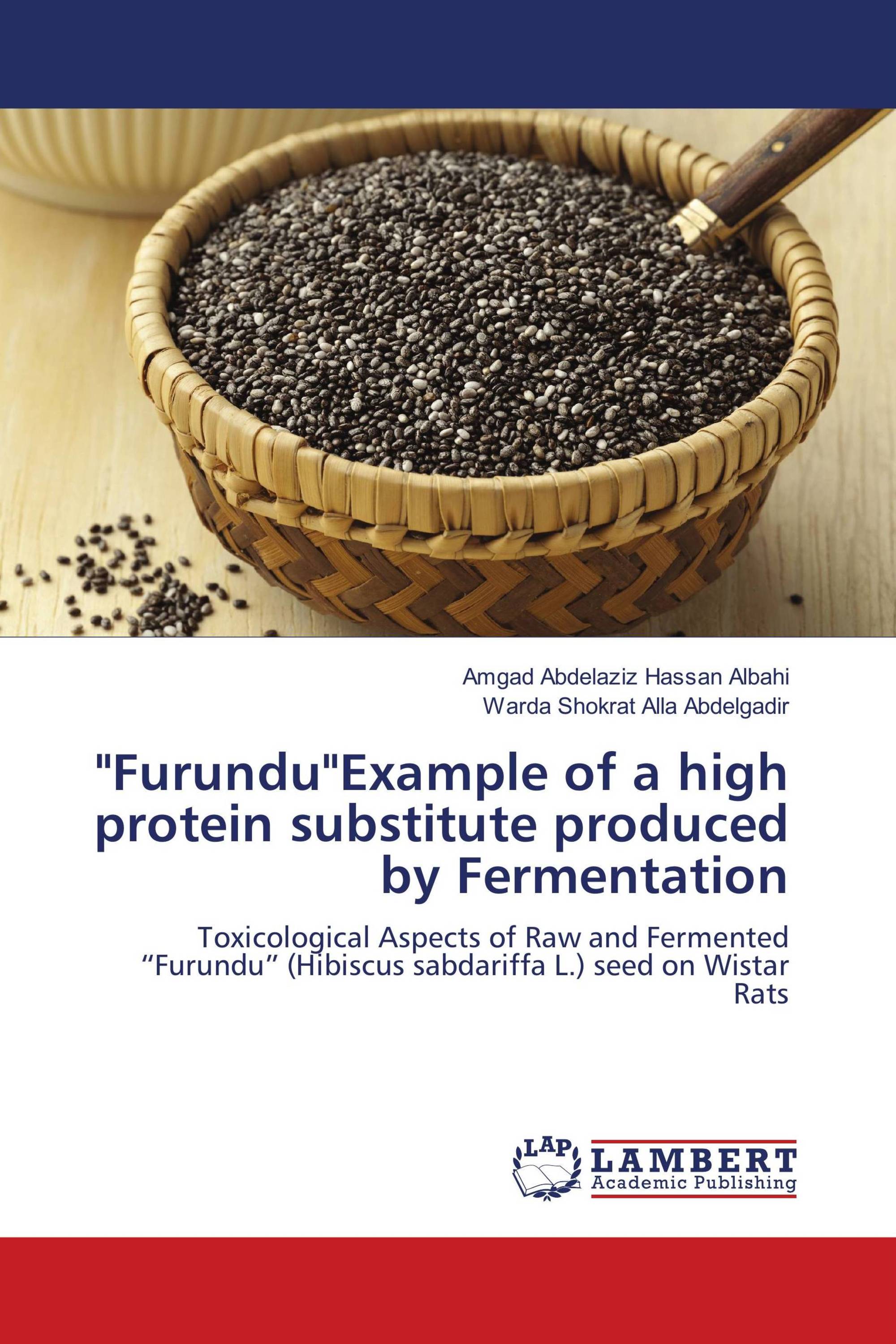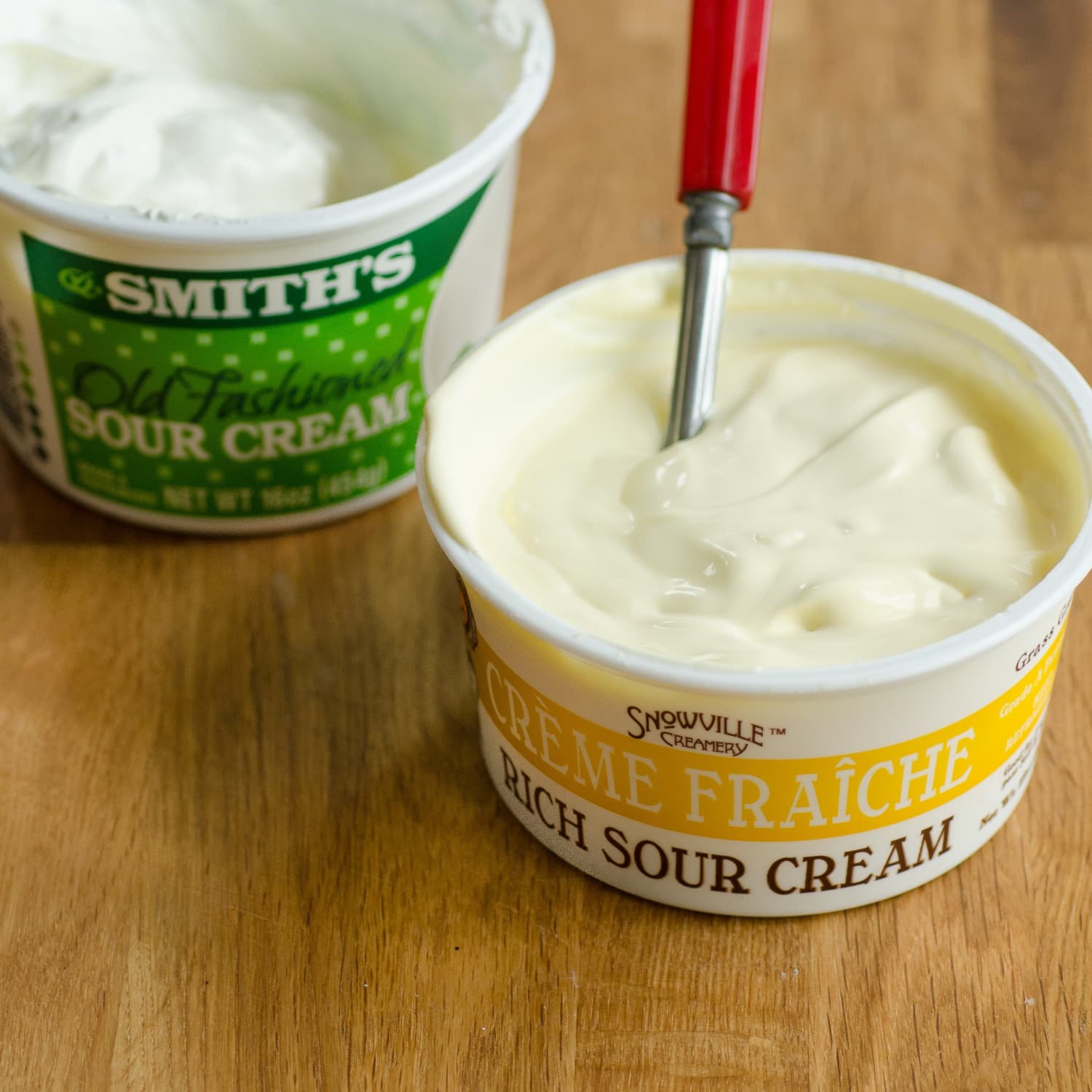Probiotics are friendly bacteria and yeasts that naturally live inside your body, especially in the gut (mostly large intestines), mouth, urinary tract, lungs and the outside of your skin.
Check out our top eight natural probiotic foods supplements list and learn how to restore or keep your gut happy through eating delicious food like sauerkraut and kefir.
Benefits of Probiotics:
Probiotics Fight off pathogens by like harmful bacteria and viruses, as they take up that space and prevent harmful microbes from growing and spreading in your body.
Probiotics Support your digestive system in breaking down foods and absorbing nutrients, whilst prevent bloating and indigestion,
Probiotics help produce B-vitamins and butyrate that control your blood sugars, And they also help to make neurotransmitters for your brain which lower stress and anxiety, improve your sleep and help to regulate hormones involved with body fat storage.
Unfortunately many people have an imbalance in their microbiome because they are eating too many junk foods, artificial sweeteners or taking antibiotics, (which can kill off the friendly microorganisms causing an imbalance).
Fortunately there are certain fermented foods that you can eat which contain live strains of friendly microbes to improve your overall health and microbiome.
And that's exactly what we will discuss in today's post.
Just a note, this post is for educational purposes only, so do speak to your doctor if you have any medical concerns or issues.
1. Kefir (15-27b CFU's Per Cup)
Kefir is a Natural probiotics liquid made from fermented milk from cows, goats or sheep, and its actually much easier to digest than yoghurt for those with lactose intolerance. It also contains up to 10x more probiotics than Greek yoghurt, with over 61 different strains of friendly yeasts and bacteria. (between 15-27 billion colony forming units per serving)
I recommend eating 1 serving of kefir per day to really boost the health of your microbiome. You can make this at home using kefir grains and milk, or purchase it from health food stores.
Kefir was used by Russian doctors in the 19th century to help treat ailments like tuberculosis due to its immune boosting effects. Studies show the friendly microbes in kefir can also help lower the risk of cancer cell formation, by protecting your DNA from oxidative damage.
2. Kimchi (5 Billion CFUs Per Cup)
The next probiotic rich food is Kimchi. Kimchi is a traditional Korean dish made from a mixture of fermented radish, chili, ginger, onions, cabbage, and is one of the healthiest superfoods available.
Fermented vegetables are made in a process called lacto-fermentation.
Basically the vegetables and spices are brined in salt to kill any bad bacteria, and then they are crushed into a jar and covered with a cloth for a few days.
The natural probiotic in the vegetables (such as lactobacillus) starts to produce lactic and acetic acid. The microbes then eat any sugar present in the vegetables and ferment them so that they can multiply, becoming a super food for your gut.
The fermentation process helps to break down cell structures in the vegetables and spices, making the existing nutrients more bioavailable, and easier for you to absorb.
Kimchi is particularly special as the ingredients are all excellent for helping your liver to detoxify harmful substances from your body, whilst the probiotics are also important for your digestive system and overall health.
One cup of Kimchi contains an astonishing 5 billion CFU's of probiotics.
3. Bulgarian Yoghurt (10-18 Billion CFUs Per Cup)
Bulgarian yoghurt tends to be less processed and contains higher amounts of friendly microbes than regular yoghurt.
This type of yoghurt contains a unique strain of bacteria called lactobacillus bulgaricus, along with streptococcus thermophilus. These have been shown to help those who struggle to consume dairy products like cheese, milk or yoghurt due to lactose intolerance.
The friendly particles found in Bulgarian yoghurt help the body produce lactase, an enzyme that helps you break down lactose (milk sugar).
Experts suggests diluting this yoghurt with cold water, salt and mixing it with tender cucumbers, dill and garlic to make a Bulgarian soup called Tarator.
4. Kombucha Tea (23.1 Million CFUs Per Cup)
If you're looking for a healthy alternative to alcohol to help relax you and release stress, Kombucha tea is a fantastic option. This is black tea and sugar that has been fermented, fermentation removes sugars and leaving you with live beneficial bacteria, healthy acids and trace amounts of alcohol.
Make sure to choose a Kombucha tea brand which does not contain any more than 3g of sugar per serving, and only drink small amounts to enjoy its mind stress soothing properties.
If you have gastritis, or a stomach ulcer please avoid this as it's Ph is a little too acidic and can aggravate pockets of damage in the stomach.
5. Sauerkraut (3-10 Billion CFUs Per Cup)
Sauerkraut is a type of fermented cabbage which is a staple in German cuisine but is now eaten all around the world for its many health benefits, Especially when it comes to healing the gut.
Regular cabbage is loaded with S-Methylmethionine (Vitamin U) and is well known for healing stomach ulcers, improving gut health and feeding the colon cells so that they can heal from all types of damage.
If you have any type of autoimmune disease, it's recommended to start loading up on cabbage and also sauerkraut.
Sauerkraut is also one of the richest sources of Vitamin C on the planet, with over 700mg per serving, helping to boost your immune system, And help stimulate collagen production for healthier skin, joints, nails, eyes etc…
Make sure that the sauerkraut and other fermented veggies you purchase are unpasteurized. This is very important, as pasteurized products have been heated/cooked which destroys the beneficial live bacteria.
6. Natto (1 Billion CFUS Per Gram)
Natto is a product made by fermenting organic soy beans, which was perfected in Japan over a thousand years ago. It has a stringy texture with a pungent flavour, however it's one of the most powerful fermented foods for improving blood flow around the body and protecting your heart.
Natto is rich in Vitamin K2, a nutrient which helps to remove a build-up of calcium in your arteries and puts it into the bones where it belongs. This helps to make the arteries more flexible for better blood circulation.
Natto is also rich in an enzyme called Nattokinase, which has been shown to help thin the blood and prevent blood clots from forming, which may have triggered a stroke, pulmonary embolism or a heart attack.
7. Pickles (12-14 Billion CFUS Per Cup)
Fermented pickles (cucumbers) made in brine (not vinegar) are yet another amazing superfood for your gut, and entire microbiome. The juice in particular can be consumed to relieve leg cramps, eye twitching, PMS and muscle spasms due to its high concentration of electrolytes.
The healthy acids from pickles and pickle juice can be used to relieve heartburn and acid reflux, because it helps to normalise the Ph. Of your stomach.
Like all of these fermented foods check the labels and make sure there are no added preservatives and are unpasteurised. Or you can make them yourself at home.
8. Other Probiotic Rich Foods
Although there is a definite lack of data on fermented foods, you can ferment any type of vegetable, herb or plant matter. Meaning that there are a diverse range of fermented foods in the world that you may not have heard of or tried yet.
Some others that I highly recommend are
Sauer Ruben - fermented turnips perfected in Germany.
Miso - fermented soy beans, rice or barley ancient China Tempeh - an Indonesian form of fermented soy
Douchi - a culinary paste made from spices and fermented black beans in China
Puto - a steamed cake made from fermented Rice in the Philippines, Greek
Yogurt - fermented cow's milk originating in Greece
Furundu - is made from mashed and fermented sesame seeds in West Africa.
Crème fraiche – made from fermented heavy cream in France, and widely used in restaurants across the world.
And there are thousands of variations that I encourage you to try to increase the diversity and health of your own microbiome.
Prebiotics
Probiotics are live bacteria that we can consume from fermented foods which can colonise parts of our bodies (such as the gut) to help us stay strong and healthy. But what about the existing microbes that already live inside you?
Prebiotics are basically the food that feed your existing microbes. These come mostly in the form of soluble fiber and plant sugars from various fruits, vegetables, seeds and nuts. Although our own bodies can't digest soluble fiber, the microbes do that for us.
Amazing health properties of Prebiotics
They fermented the prebiotic fiber and this helps to give them energy. As the microbes become energized, they release some very powerful healing chemicals like butyrate, lactic acid and propionic acid, all of which have amazing health properties Especially in protecting the lining of your intestines, preventing toxins from leaching into your blood and autoimmune disease arising such as psoriasis, arthritis, fibromyalgia etc..
Best sources of prebiotic
Here's some of the best sources of prebiotic fiber to support your existing microbes are Artichoke, chia seeds, psyllium, garlic, leek, asparagus, dandelion greens, chicory root and avocados.
So, start eating a mixture of both probiotic and prebiotic foods on a daily basis and you'll soon start to notice changes in both your physical and mental health.


